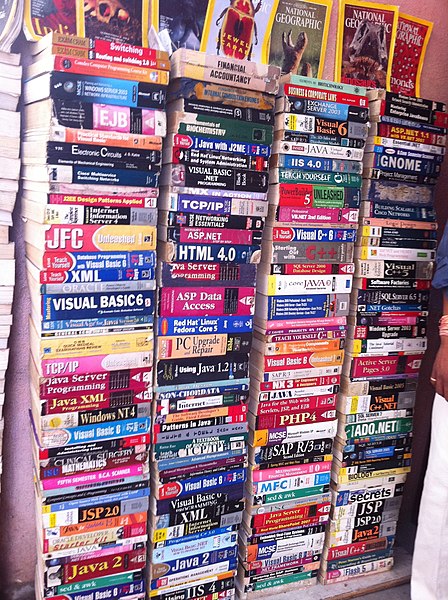Infinite photos and videos for every Wiki article ·
Find something interesting to watch in seconds
Ancient Marvels
Sports
Celebrities
Best Campuses
Largest Empires
British Monarchs
Presidents
Tallest Buildings
Wars and Battles
Great Artists
Supercars
Orders and Medals
Animals
Great Museums
History by Country
Largest Palaces
Kings of France
Countries of the World
Richest US Counties
Recovered Treasures
Great Cities
Rare Coins
Famous Castles
Wonders of Nature
World Banknotes
Crown Jewels
more top lists



